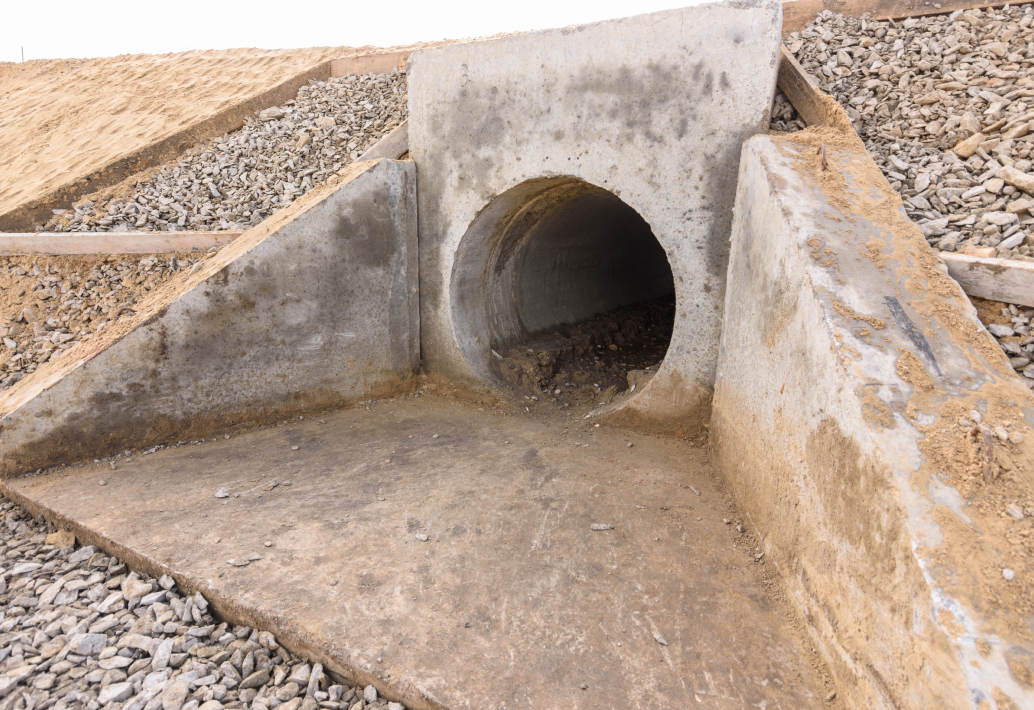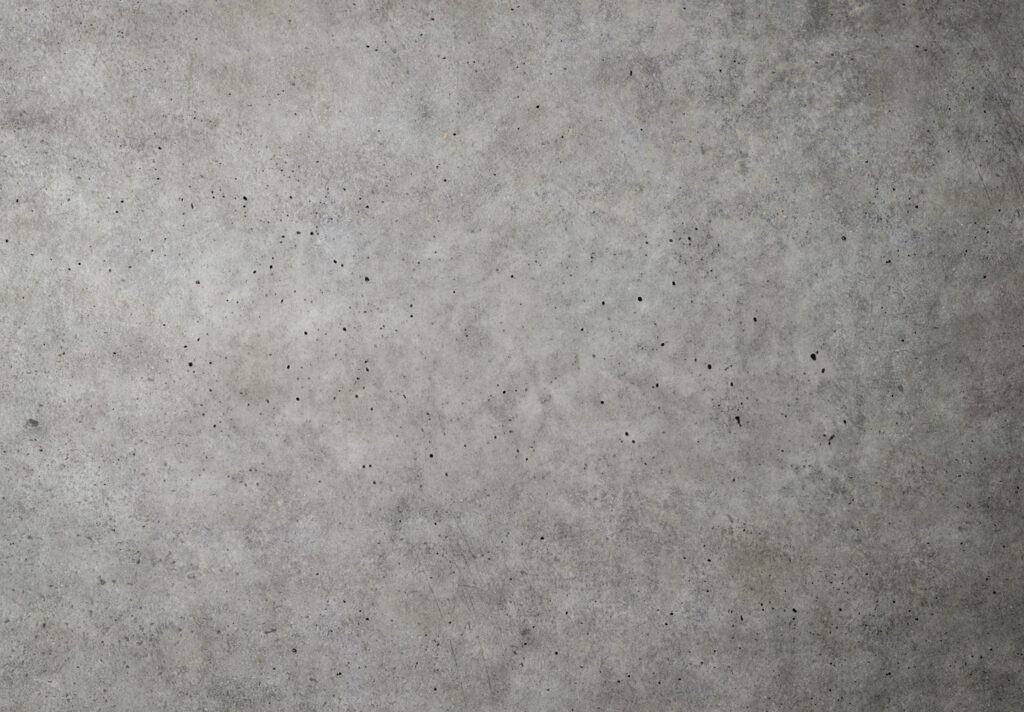Serving the Region with Superior Products & Service
Municipal concrete services play a vital role in developing and maintaining the infrastructure that supports our communities. These services encompass a wide range of projects essential for public use and urban development, including the construction and repair of sidewalks, curbs, gutters, roads, bridges and public spaces such as parks and plazas. Municipal concrete contractors work closely with local governments, city planners and engineers to ensure that projects meet specific regulations, safety standards and accessibility requirements while also considering long-term durability and cost-effectiveness.
One of the key challenges in municipal concrete services is balancing quality and longevity with budget constraints and project timelines. Contractors in this field must be adept at managing large-scale projects that often involve multiple stakeholders and require minimal disruption to daily city life. This necessitates careful planning, efficient execution, and sometimes innovative solutions to work around existing infrastructure or in densely populated areas. Additionally, municipal concrete work often requires specialized knowledge of local building codes, environmental regulations and public safety standards.
Sustainability is becoming an increasingly important aspect of municipal concrete services. Many cities are now prioritizing environmentally friendly concrete solutions, such as pervious concrete for improved stormwater management, recycled aggregate concrete to reduce waste and low-carbon concrete mixes to minimize environmental impact. Municipal concrete contractors are also adopting technologies like rapid-setting concrete for faster project completion and reduced traffic disruption, as well as exploring ways to incorporate smart technology into concrete infrastructure for better monitoring and maintenance of public assets.

Urban Infrastructure
The municipal concrete industry is a critical sector that underpins the development and maintenance of urban infrastructure across cities and towns. This industry faces unique challenges and opportunities as municipalities strive to improve their infrastructure while managing limited budgets and increasing environmental concerns. The sector is influenced by factors such as government spending, population growth, urbanization trends, and the push for more sustainable and resilient cities.
One of the key trends shaping the municipal concrete industry is the growing emphasis on smart city initiatives. This has led to the integration of various technologies into concrete infrastructure, such as sensors for monitoring structural health, smart lighting systems embedded in concrete poles, and even conductive concrete for snow and ice removal on roads and bridges.
These innovations not only enhance the functionality of concrete structures but also provide valuable data for city planners and maintenance crews, allowing for more proactive and efficient infrastructure management.
Changing the Tides
The municipal concrete industry is also at the forefront of developing solutions for climate change adaptation and mitigation. This includes the creation of flood-resistant concrete structures, the use of permeable concrete pavements to reduce urban heat island effects and manage stormwater runoff, and the implementation of carbon-capturing concrete technologies. As cities face increasing pressure to reduce their carbon footprint and adapt to changing climate conditions, the demand for these specialized concrete solutions is expected to grow significantly.

Let’s Work Together
HRM Concrete brings unparalleled expertise and innovation to municipal concrete projects, ensuring durable, sustainable, and cost-effective ready-mix solutions that enhance your community's infrastructure. With our track record of successful collaborations with local governments, cutting-edge technology integration, and commitment to minimal disruption during construction, we deliver superior concrete work that stands the test of time and meets the evolving needs of your municipality.
-
How Can I Trust That You Have A Superior Product?
With over 40 years of experience, HRM Concrete provides customers with decades of knowledge working in the residential, commercial, industrial and municipal industries. We are committed to a superior ready-mix product from our highly skilled team for all of our customers and projects.
-
How Long is the Process from Order Placement to Delivery?
A number of factors are involved with producing and delivering ready-mix concrete. Each order and customer location are obviously different, but we have the ability to give you a pretty accurate time frame during your free consultation with one of our professional staff members.
-
What Areas Do You Service?
Currently, HRM Concrete services the greater Baton Rouge area.
-
Why Won’t You Deliver Outside of the Greater Baton Rouge Area?
HRM Concrete has a window of time where it needs to be mixed, poured and formed to meet the standards we set for our product. If you are outside of the greater Baton Rouge area, contact us today to see if we can support your project.
-
How is Ready-Mix Concrete Made?
In its basic form, Ready-Mix Concrete is made with cement and water to form a paste then mixed with an aggregate material such as sand or crushed rock. The exact mixture is selected by the customer/engineer or recommended by us depending on the project. Our dispatching software feeds the mix design variables to the batch plant operator, who then loads those materials into your delivery vehicles using cutting edge batching software that ensures correct properties and weights of raw materials. The mixing process begins in the truck, and as soon as water is added, a chemical reaction takes place. This reaction continues until the truck is unloaded, and the wet slurry mix is fully cured into a hardened concrete structure. It is extremely important that once the curing process begins, the product is delivered and placed into its final form within approximately 90 minutes. This time varies by mix design, temperature, humidity, and other variables that may speed or slow the curing rate.
-
How is Concrete Sold?
Concrete is sold in volume, by the cubic yard in most cases. The simple way to get the volume you’ll need to order is to plug your measurements into our handy calculator. For example, to find the cubic yard value needed for a slab 6″ thick by 12′ long and 12′ wide:
1. Convert inches into feet. (6″ / 12″ = 0.5′)
2. Multiply the three dimensions together to calculate the number of cubic feet: (0.5’depth x 12′ (length) x 12′ (width) = 72 cubic feet.
3. Divide the cubic feet value (72 cu ft) by the number of feet in a cubic yard (27) to get the number of cubic yards. (72 cu ft / 27 ft = 2.67 cu. yards.)
Your HRM Concrete project manager will validate the exact amount of product that you will need for your project.